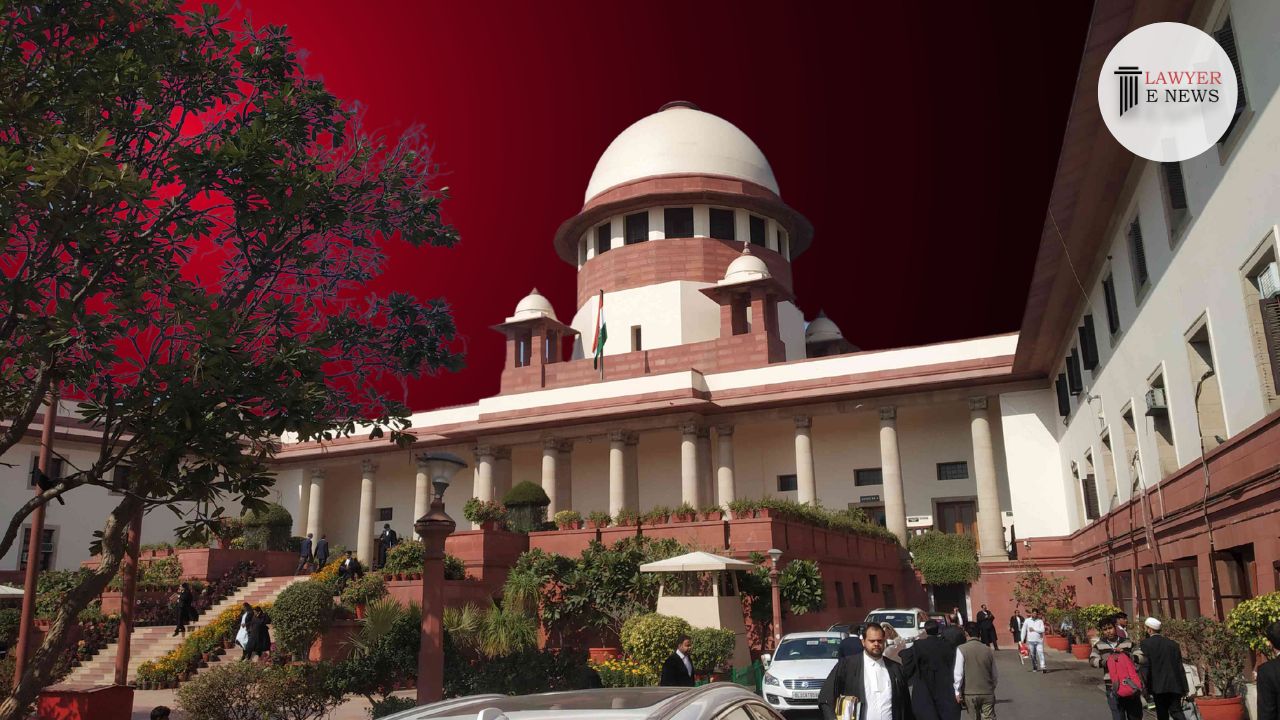-
by Admin
16 February 2026 4:21 AM



New Delhi, October 20, 2023 - In a ruling that's expected to have far-reaching implications, the Supreme Court of India emphasized the paramount duty of courts to verify their own jurisdiction in legal matters. The ruling came in a protracted civil appeal involving a property lease dispute between Mumtaz Yarud Dowla Wakf, the appellant, and M/S Badam Balakrishna Hotel Pvt. Ltd. & Ors., the respondents.
The Bench consisting of Justice M. M. Sundresh and Justice Prashant Kumar Mishra articulated, "The court must satisfy itself as to the existence of jurisdiction, even if not raised by the parties," echoing the legal maxim "actus curiae neminem gravabit," which translates to "no one shall be prejudiced by an act of the Court."
The litigation, which has spanned several years, started when the appellant executed a 33-year lease deed with respondent no. 2. After the expiration of the lease, the respondents refused to vacate, leading to a cascade of legal proceedings. The Wakf Tribunal initially ruled in favor of the appellant, but a series of appeals and revisions mired the execution of the decree.
In its judgment, the Supreme Court delved deep into the issue of jurisdiction, particularly concerning the Wakf Tribunal. The court highlighted that "Interference with jurisdiction is to be undertaken sparingly," laying stress on the heavy responsibility of a judgment-debtor to establish a decree's inexecutability.
The court also frowned upon the tactic of raising jurisdictional questions at a late stage in the proceedings. Justice Sundresh and Justice Mishra noted that such conduct contributes to the huge backlog of cases in the country. They referred to the principle of "approbate and reprobate," stating that a party "cannot accept and reject the same thing, blow hot and cold, or take advantage of one part while rejecting the rest of a transaction."
Supreme Court set aside the High Court's previous ruling and restored the decision of the Executing Court. The case has not only resolved the pending property dispute but also clarified pivotal aspects of judicial conduct and jurisdiction, likely to be cited in future legal battles.
Date of Decision: 20 October 2023
MUMTAZ YARUD DOWLA WAKF vs M/S BADAM BALAKRISHNA
